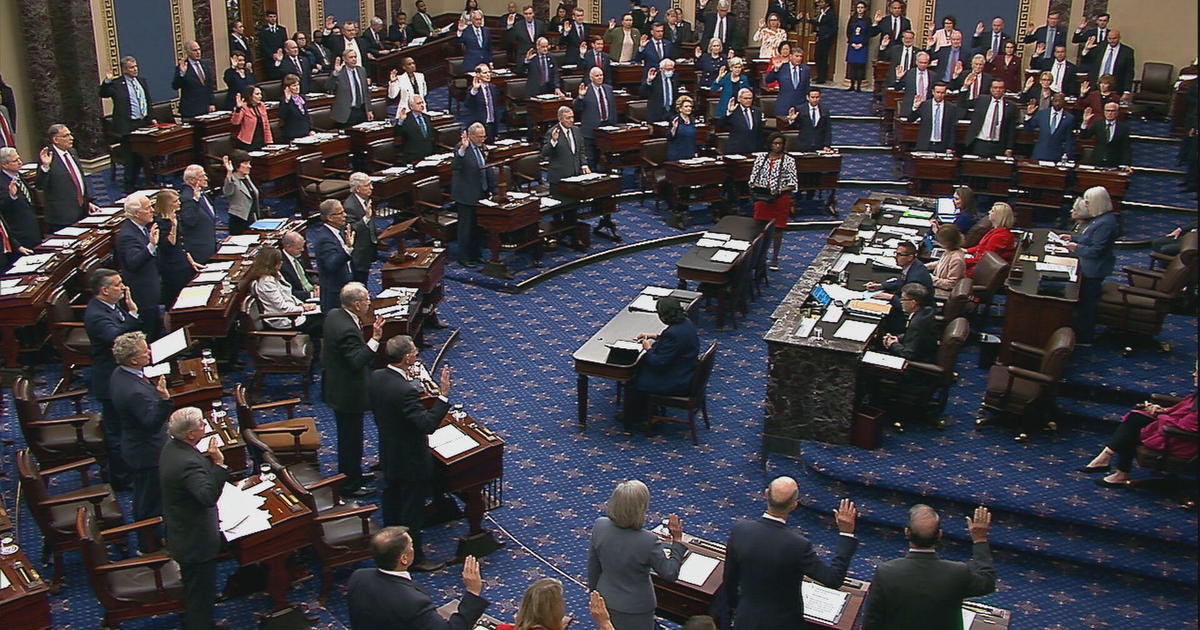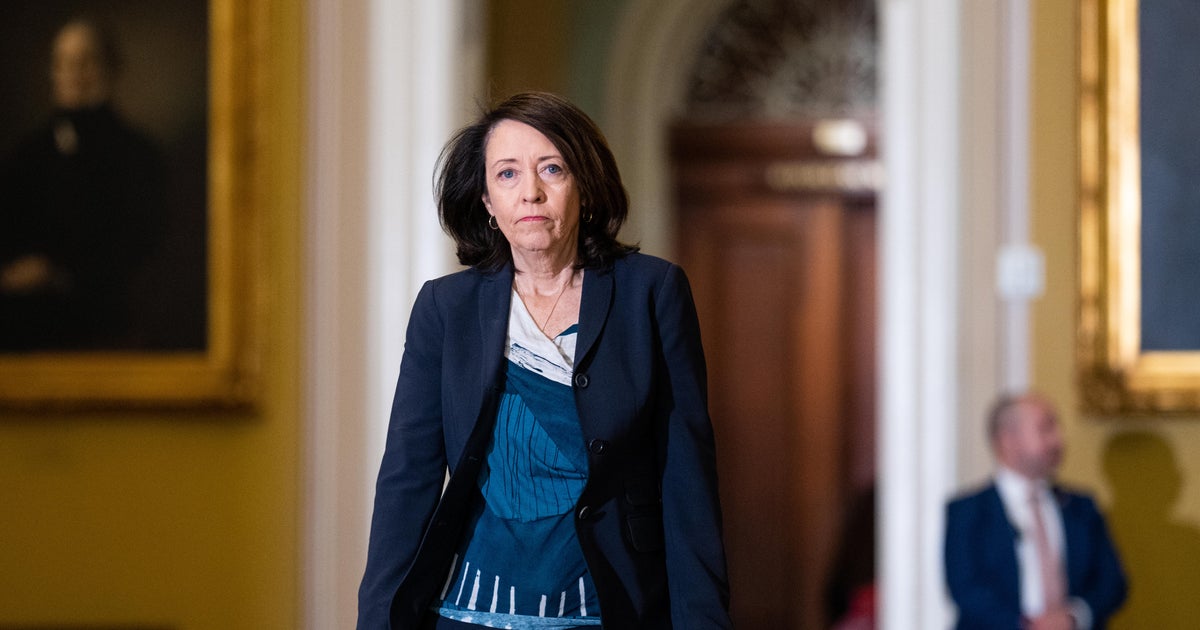Pence says Americans will begin to see checks at the end of next week
Highlights from Thursday's Coronavirus Task Force briefing
- Student loan payments to be waived for 6 months.
- U.S. is now testing 118,000 - 120,000 for COVID-19 per week.
- The number of deaths in the U.S. has topped 16,000.
- Eligible Americans with direct deposit with IRS will begin to see their coronavirus relief checks by end of next week.
- Fauci: "We are seeing rather dramatic decreases in the need for new hospitalizations."
Vice President Mike Pence said eligible Americans with direct deposit set up with the IRS will begin to see their checks dispensed under the CARES Act at the end of next week. The average family of four, Pence said, can expect to see roughly $3,400.
The vice president gave the update during Thursday's Coronavirus Task Force briefing, after the Department of Labor announced Thursday morning that 6.6 million more Americans applied for jobless claims in the last week alone.
Mr. Trump also said the six-month waiving of student loans under the CARES Act could be extended further. Many students at colleges and universities are graduating, with virtual ceremonies, into what is beginning to look like the worst economic downturn since the Great Depression.
"Previously we waived student loan payments for six months, so student loan payments have been waived for six months, and we'll discuss it after that. May go further," Mr. Trump said, extending a 60-day waiving of student loans announced in late March.
But as the nation holds out hope for some return of normalcy, the president said he doesn't think pervasive testing will be needed, certainly not for every American. Pence said the nation is testing 100,000 people a day, and has topped testing 2 million people.
More than 16,000 Americans have died due to COVID-19, and the number of confirmed cases is approaching half a million. But social distancing, Pence said, is paying off, as the U.S. appears to be reaching a leveling-off of cases in some places. New York, for instance, is seeing a decrease in hospitalizations.
"There are signs of progress. And hope abounds," he said.
At Wednesday's briefing, President Trump said he didn't want to give a date for reopening the economy, even though he's eager to see that happen as soon as possible.
The director of the CDC, Dr. Robert Redfield, also announced Wednesday new guidance for essential health care workers who have been exposed to the coronavirus. These individuals, who have been within six feet of either a confirmed or suspected case "can go back to work," Redfield said. But they must take their temperature before going to work, wear a face mask "at all times, and practice social distancing when they're at work." He recommended that they not gather in break rooms and crowded areas. Their employers are to take the employee's temperature, assess symptoms, increase air exchange in buildings and increase the frequency of cleaning of common surfaces.
More than 10 million Americans applied for unemployment benefits in March, and roughly 6.6 million Americans filed for unemployment in the week that ended April 4, the Labor Department announced Thursday. To provide a lifeline to families and businesses ailing because of the coronavirus outbreak, Congress last month passed a $2.2 trillion economic stimulus bill, and congressional Democrats have started crafting a fourth legislative package.
Senate Majority Leader Mitch McConnell is expected to ask for unanimous consent Thursday morning to pass additional emergency funding for small businesses through the government's Paycheck Protection Program, a key pillar of the $2.2 trillion package that aims to ensure workers are not laid off.
But Democrats have countered with their own list of demands beyond the $250 billion for businesses, including more money for hospitals, state and local governments and food assistance, setting up a potential showdown between lawmakers as they rush to alleviate the pain for Americans.
Melissa Quinn and Sarah Lynch Baldwin contributed to this report.




